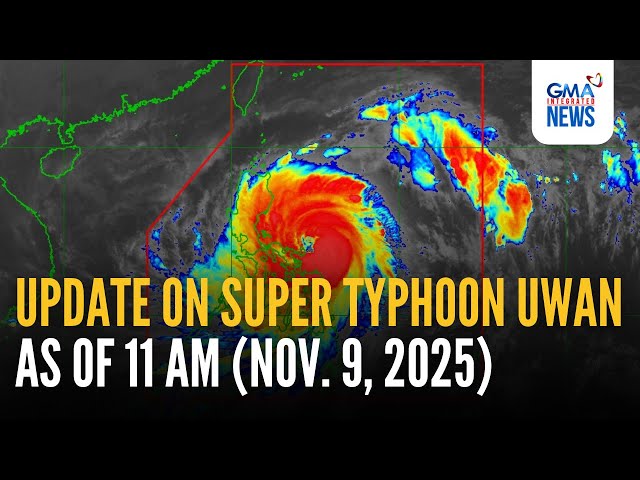
Introduction
The Philippines is currently grappling with the devastating aftermath of Super Typhoon Uwan, which made landfall earlier this week. The importance of this topic cannot be overstated, as the frequency and intensity of typhoons in the region have been increasing due to climate change. Uwan has not only caused widespread destruction but also serves as a reminder of the vulnerabilities faced by island nations in the Pacific.
Impact of Super Typhoon Uwan
Super Typhoon Uwan, with wind speeds exceeding 200 km/h, struck the eastern coast of the Philippines, affecting regions such as Eastern Visayas and parts of Mindanao. The National Disaster Risk Reduction and Management Council (NDRRMC) reported that over 100,000 residents were evacuated as a precautionary measure. Torrential rains and strong winds resulted in landslides and severe flooding, causing damage to homes, infrastructure, and agriculture.
In addition to physical destruction, the storm has disrupted electricity and water supply in many areas, exacerbating the situation for those affected. Emergency services are currently deployed, providing relief in the form of food, medical aid, and temporary shelters. Reports indicate that the full extent of the damage is still unfolding, with rescue operations ongoing.
Government and International Response
The Philippine government has activated the National Disaster Response Plan, coordinating efforts at the local and national levels to address the immediate needs of the affected communities. International organizations, including the Red Cross, are also stepping in to provide emergency support and supplies. Governments from around the world have expressed their solidarity and willingness to assist in recovery efforts.
Conclusion
Super Typhoon Uwan serves as a critical reminder of the challenges posed by natural disasters in the Philippines, a nation often in the path of powerful storms. As recovery efforts commence, forecasts indicate an increasing trend in such severe weather events due to climate change. The significance for readers lies in understanding the implications of Uwan not only for the Philippines but also for global climate discourse. Moving forward, bolstered disaster preparedness and mitigation strategies will be essential to help communities withstand future storms.



